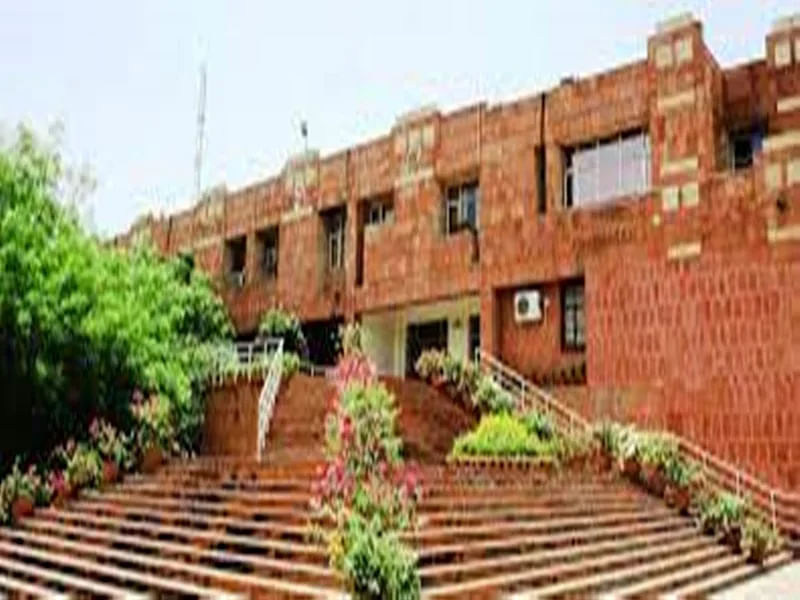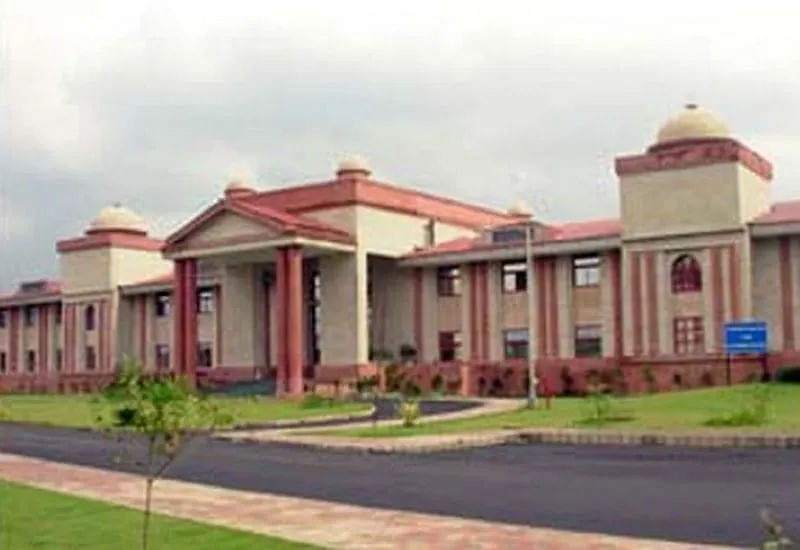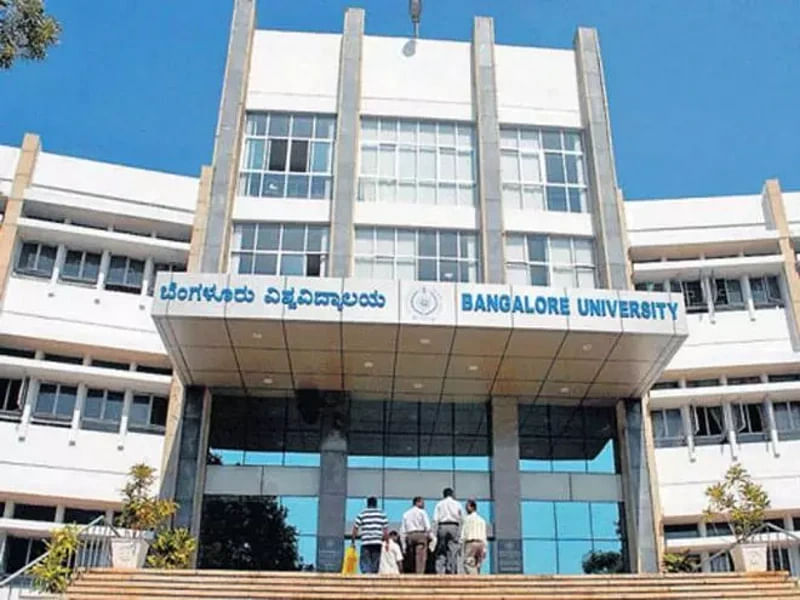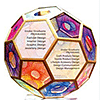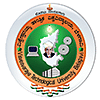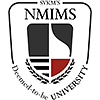MA Japanese Syllabus and Subjects

MA in Japanese course course curriculum includes the study of Kambum, Kobun, the cultural history of Japan, etc., among others, which are included in the course to make students well versed with the foundation of the course. The MA in Japanese job scope is vast as range of roles are offered by various companies such as Nissan, Sony, Canon,etc.
Table of Contents
- Semester Wise MA in Japanese Syllabus
- MA in Japanese Subjects
- MA in Japanese Course Structure
- MA in Japanese Teaching Methodology and Techniques
- MA in Japanese Projects
- MA in Japanese Books
Semester Wise MA in Japanese Syllabus
The MA in Japanese course consists of core and elective subjects which makes students understand the subject from core to advanced level. The MA in Japanese subjects for each semester are listed below:
MA in Japanese First Year Syllabus
Given below are MA in Japanese subjects for the first year, bifurcated into the first and second semesters:
|
Semester I |
Semester II |
|
Introduction to General Linguistics |
Modernisation and Economic Development of Japan |
|
Advance Japanese Language |
Contemporary Japan and Japanese Society |
|
Theory and Practice of Translation |
Survey of Japanese Literature |
|
Cultural History of Japan |
Introduction to Kambun |
MA in Japanese Second Year Syllabus
Given below are MA in Japanese subjects in second year bifurcated into third and fourth semesters:
|
Semester III |
Semester IV |
|
Advance Study of Kobun |
Study of Representative Works- Shi, Geki, Shousetsu |
|
Literary Criticism |
Guided Speaking and Interpretation -II |
|
Guided Speaking and Interpretation -I |
Methodology of Foreign Language Teaching |
|
Study of Representative Works- Nikki, Monogatari |
Dissertation |
MA in Japanese Subjects
The MA in Japanese course includes subjects that help in understanding the foundation of the Japanese language and its evolution. The course is divided into core and elective subjects, which students can choose for their further careers.
MA in Japanese Core Subjects
The following are the core MA in Japanese subjects that are all included in the course:
-
Theory and Practice of Translation
-
Cultural History of Japan
-
Modernisation and Economic Development of Japan
-
Survey of Japanese Literature
-
Introduction to Kambun
-
Advance Japanese Language
MA in Japanese Elective Subjects
The following are the elective subjects for an MA in Japanese:
-
Japanese Social Anthropology
-
Japanese Cultural Education Research
-
Old (8th century) Japanese Texts
-
Intercultural Communication
MA in Japanese Course Structure
The MA in Japanese course is structured in such a way that it helps students develop a thorough understanding through seminars, projects, discussions, etc. The following components are part of the MA in Japanese course:
-
IV Semesters
-
Core Subjects
-
Elective Subjects
-
Group Discussions
-
Project
-
Internship
MA in Japanese Teaching Methodology and Techniques
Every element that aids in molding students' personalities and providing them with a thorough comprehension of the subject is included in the MA in Japanese teaching methodologies and approaches. A variety of techniques are used in the MA in Japanese course, some of which are listed below:
-
Regular Lecturers
-
Group Project
-
Dissertation
-
Seminars
-
Internship
-
Site Visits
MA in Japanese Projects
In order to study in depth about the course, projects are one of the important components that help students to understand different perspectives. The following are some of the most common MA in Japanese projects:
-
Comparative Analysis of Cai Yuanpei and Uehara Senroku's Views on Higher Education
-
A comparison between Japan and China of the challenges posed by artificial intelligence to copyright laws and the legislative responses
-
A Study on Global Jinzai Japanese Habits for New Graduates' Employability in Japanese, Malaysian, and Vietnamese Workplaces
MA in Japanese Books
The MA in Japanese course is extensive, and students can access a variety of reference books to better understand the subject matter.A few books that can be used as references are mentioned below, and they are as follows:
|
Name of Book |
Author |
|
Selections from Gendai Nihon Bungaku Zenshu |
Chikuma Shobo |
|
Selections from Nihon koten bungaku taikei |
Iwanami Shoten |
|
Komai & Rohleich, An Introduction to Classical Japanese Language |
Bonjinsha |
|
A History of Japanese Literature |
Shuichi Kato |
